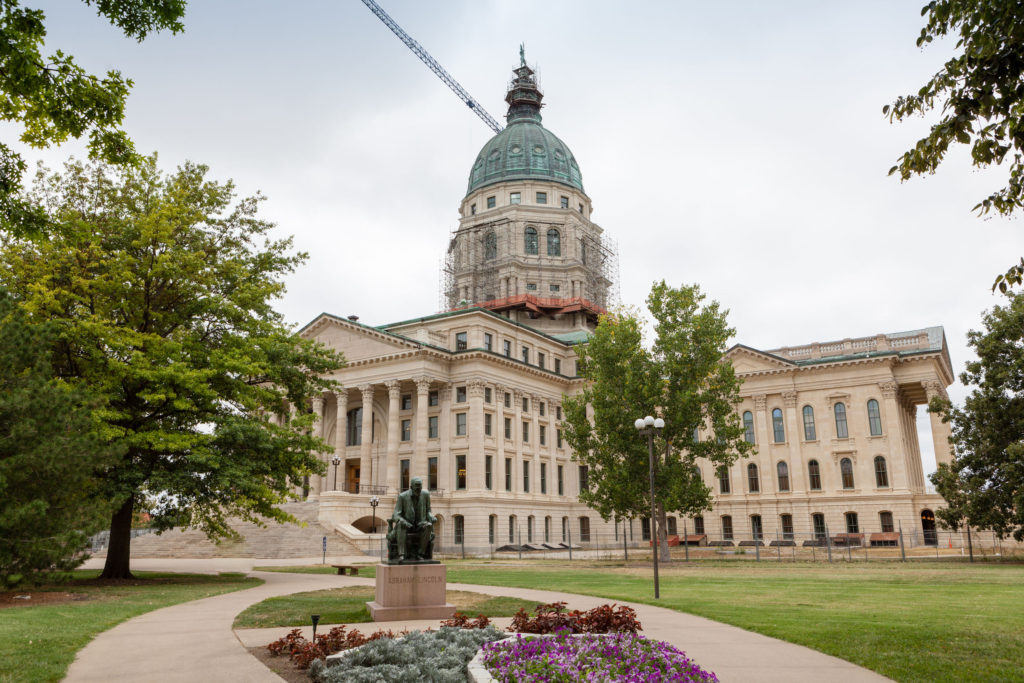
Schools aren’t likely to be disrupted, but lawmakers may be on the hook for a special session sometime late this summer.
Members of the Kansas Supreme Court are allowing school funding legislation to take effect while they determine whether its financing formula is constitutional. Both sides in the ongoing legal drama requested that the law take effect as the Justices deliberate.
The new school financing formula closely resembles a regularly litigated school finance formula adopted in 1992.
The Court set oral arguments over the new funding law for July 18. If lawmakers rule the financing law unconstitutional, lawmakers be be required to return to Topeka for a special session to find a remedy.
The formula pumps about $185 million more into K-12 public education next year.
Shortly after the new school finance formula legislation passed, Alan Rupe, an attorney for the school districts said the new law “falls way short of funding necessary to achieve a constitutionally adequate education for all Kansas public schools.”
It’s an opinion that many school lobbyists and school funding advocacy groups appear to share.
David Smith, a lobbyist for the Kansas City, Kansas, School District, told the Star that the he doesn’t believe the funding levels in the new financing formula are adequate.
Judith Deedy, the executive director of Game on for Kansas Schools, told the Star she will be anxious to see the Court’s assessment of funding levels.
“We are aware of the depth of the state’s financial problems, but we had hoped for higher funding, given our experience with budget constraints over the past several years,” she said.
In its most recent school funding opinion, the Court ruled that school funding needs to be adequately calculated, but justices stopped short of requiring a specific dollar amount necessary to meet that standard.


